A federal judge just handed the White House a stinging rebuke over the summer’s military show of force in Los Angeles.
In a 52-page ruling, US District Judge Charles Breyer said President Donald Trump and Defense Secretary Pete Hegseth “willfully” violated federal law by using thousands of federalized California National Guard troops and US Marines to help police immigration protests across LA. Translation: the administration crossed the Posse Comitatus line — the 19th-century law that generally bars the military from doing domestic law enforcement.
Breyer didn’t mince words. Citing evidence from a multi-day trial, he wrote that officials “systematically used armed soldiers” — often masked by protective gear — and military vehicles to set perimeters, block traffic, manage crowds, and project a military presence around the city. That, he said, amounts to executing the laws, which the Posse Comitatus Act forbids without explicit congressional approval.
What the order does (and doesn’t) do:
- Immediate curb on roles: Starting Sept. 12, the administration is barred in California from using troops for arrests, searches, seizures, security or traffic patrols, crowd/riot control, evidence collection, interrogations, or informant work. They can still protect federal property, which is allowed.
- Troops stay (for now): About 300 Guard members still in the LA area don’t have to withdraw, but their mission is narrowed to legal protective duties only.
- Scope: The ruling applies only in California — but it reads like a roadmap for other courts if similar deployments pop up elsewhere.
Trump federalized roughly 4,000 California National Guard troops and 700 Marines in early June as protests flared over aggressive immigration operations. LA officials said local police could handle it; the White House called it necessary “protection” for federal agents. At trial, California showed photos and testimony indicating troops joined federal operations, set up perimeters at raid sites, and even briefly detained individuals in two instances — all classic law enforcement functions.
Maj. Gen. Scott Sherman, who ran the LA task force, testified he repeatedly warned against crossing legal lines; he also described pressure from federal officials to green-light “show of presence” missions like the controversial MacArthur Park operation.
Breyer flagged public statements from Trump and Hegseth about deploying troops to other cities (Oakland, San Francisco, Chicago, Baltimore, New York), saying that raised fears of “creating a national police force with the President as its chief.”
The White House called Breyer a “rogue judge” and said it will appeal. California Gov. Gavin Newsom cheered the decision:
“No president is a king — not even Trump.”
Why this matters
- Guardrails reaffirmed: The ruling reasserts that military forces can’t be used as domestic police, even when rebranded as “protection.”
- Playbook constrained: If Trump tries similar deployments elsewhere, this decision gives challengers a detailed legal template to fight them.
- Narrow but sharp: Breyer didn’t yank troops; he tightened the leash. If the administration crosses the line again in California, it now risks contempt.
The order pauses until Sept. 12 to let the administration seek relief from the appeals court. Meanwhile, any troop activity in California must be strictly defensive and tied to protecting federal property or personnel — not policing protests or riding shotgun on immigration raids.
The court didn’t just say “not like this” — it spelled out exactly where the line is. Now we’ll see if the White House tries to redraw it on appeal.
The Associated Press, the New York Times, CNN, and Politico contributed to this report.
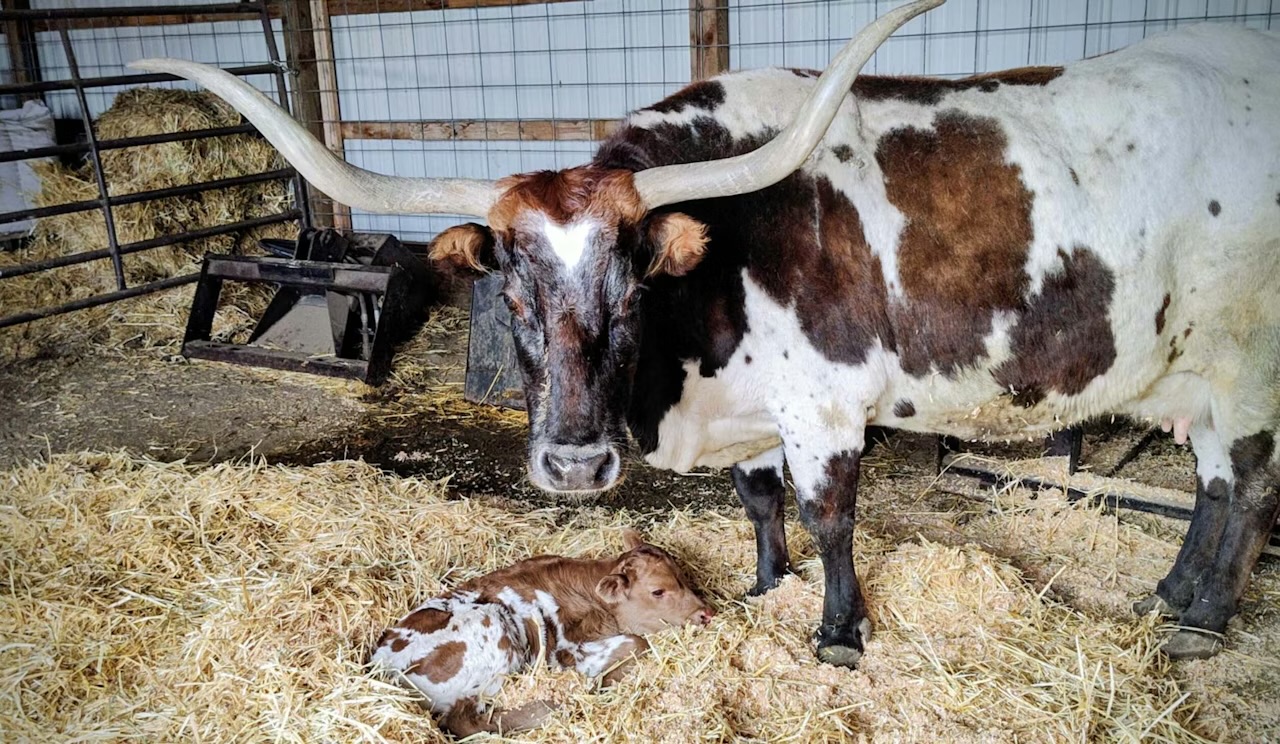
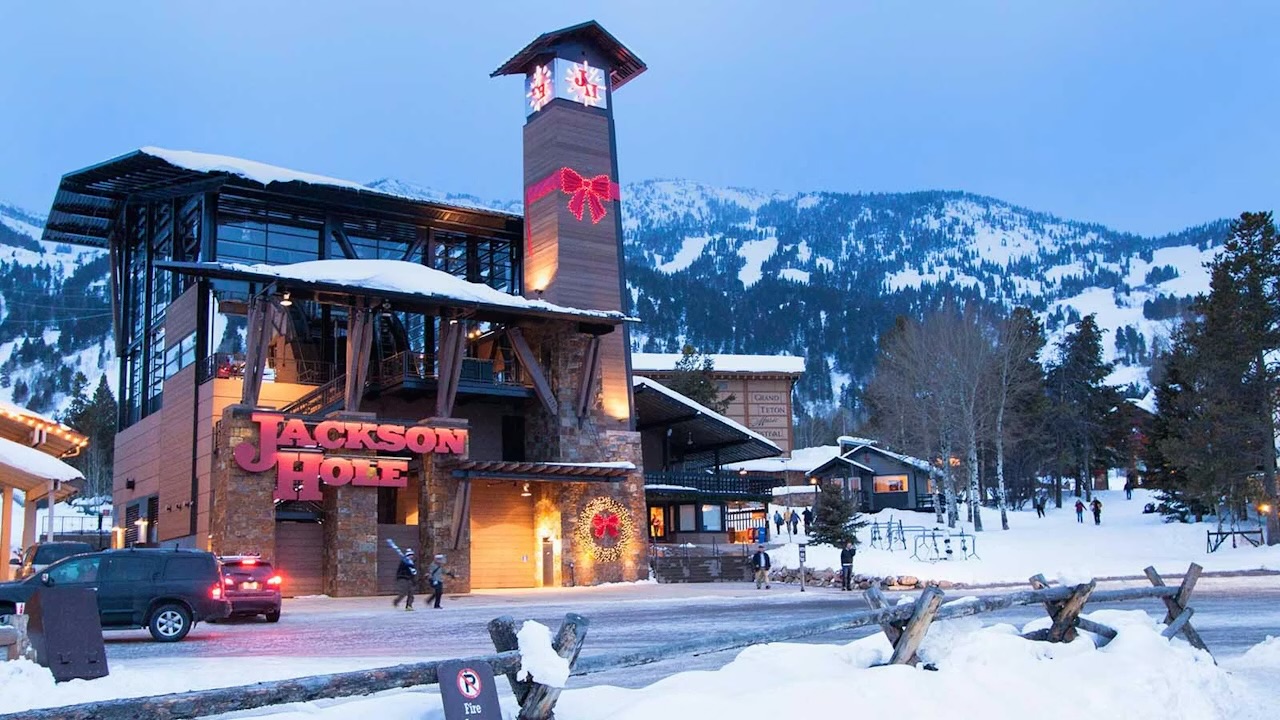
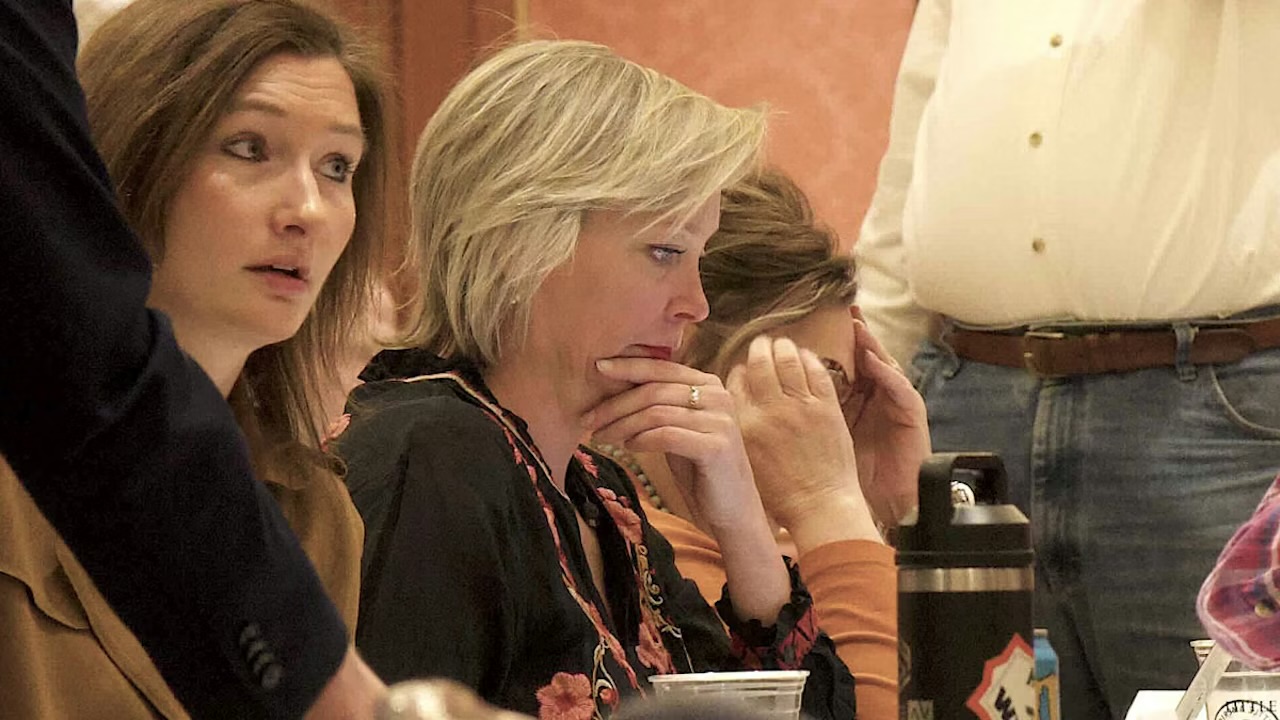
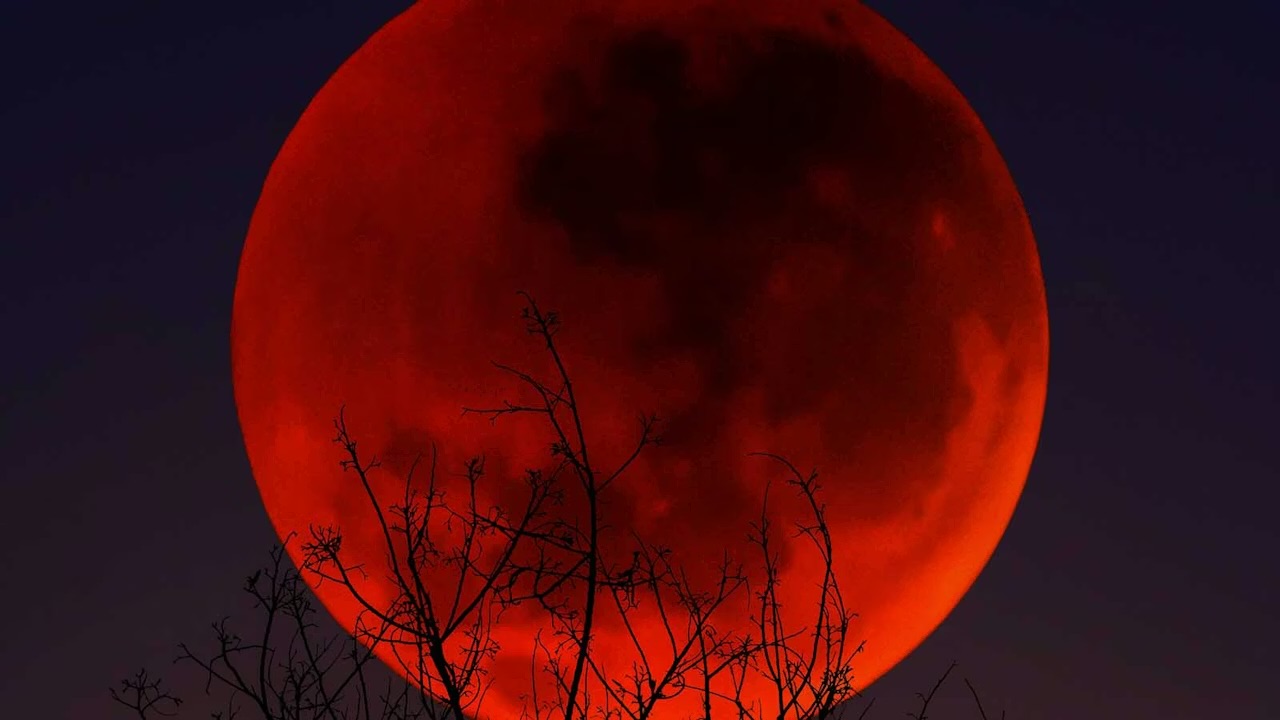
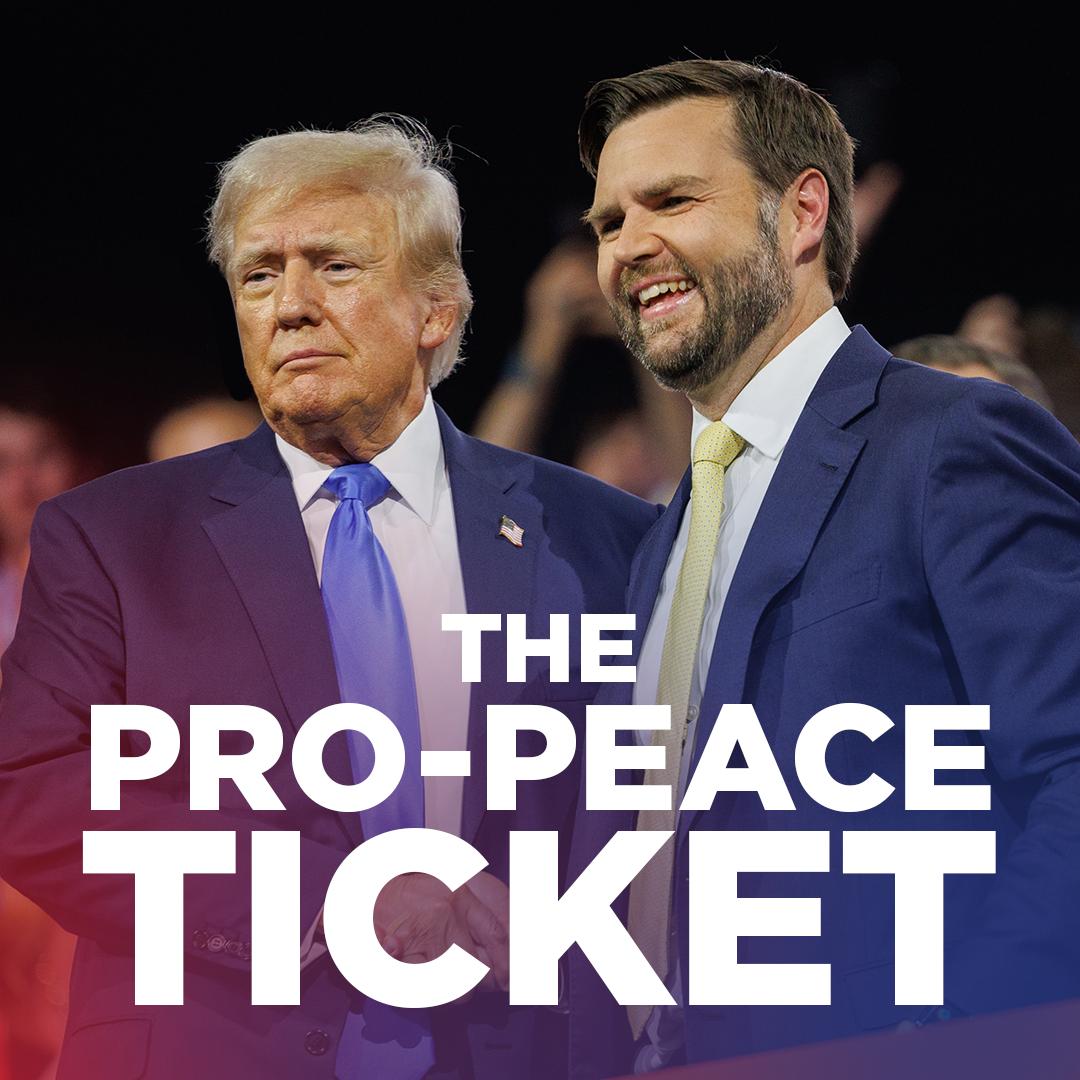




The latest news in your social feeds
Subscribe to our social media platforms to stay tuned